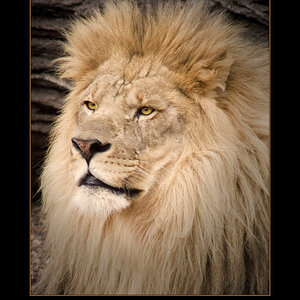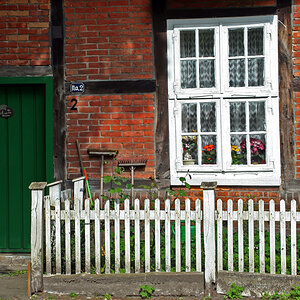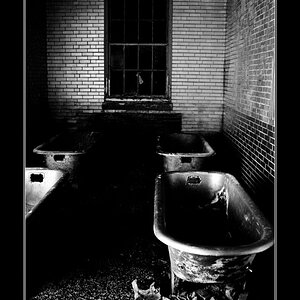MushinVin
TPF Noob!
- Joined
- Sep 13, 2008
- Messages
- 3
- Reaction score
- 0
- Location
- Kansas
- Can others edit my Photos
- Photos OK to edit
Hi,
I'm new to this forum and new to digital SLRs in general, but I have a simple question. Is there a compression format, as in ZIP/RAR/etc., that is considered to be the best compression format for archiving RAW? I'm doing some work with a friend/colleague of mine and transferring multiple GBs of data every few days to and from each other's computers is getting a bit tiresome. I have a Nikon D40, so my flavor of RAW is NEF, though I do shoot in RAW+Basic (NEF + Low Quality JPEG), so I wonder if that would make a difference in the end as far as compression goes.
I have access to pretty much any compression format out there, zip, rar, 7zip, tar, etcetera etc.
Thanks in advance,
-MushinVin
I'm new to this forum and new to digital SLRs in general, but I have a simple question. Is there a compression format, as in ZIP/RAR/etc., that is considered to be the best compression format for archiving RAW? I'm doing some work with a friend/colleague of mine and transferring multiple GBs of data every few days to and from each other's computers is getting a bit tiresome. I have a Nikon D40, so my flavor of RAW is NEF, though I do shoot in RAW+Basic (NEF + Low Quality JPEG), so I wonder if that would make a difference in the end as far as compression goes.
I have access to pretty much any compression format out there, zip, rar, 7zip, tar, etcetera etc.
Thanks in advance,
-MushinVin


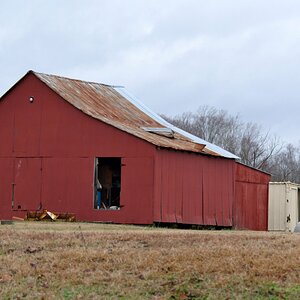

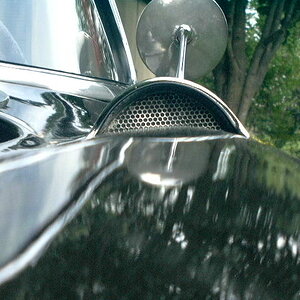
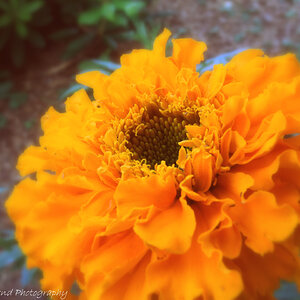
![[No title]](/data/xfmg/thumbnail/37/37490-9848752f4de5e403f7f20db193e0fb64.jpg?1619738111)

